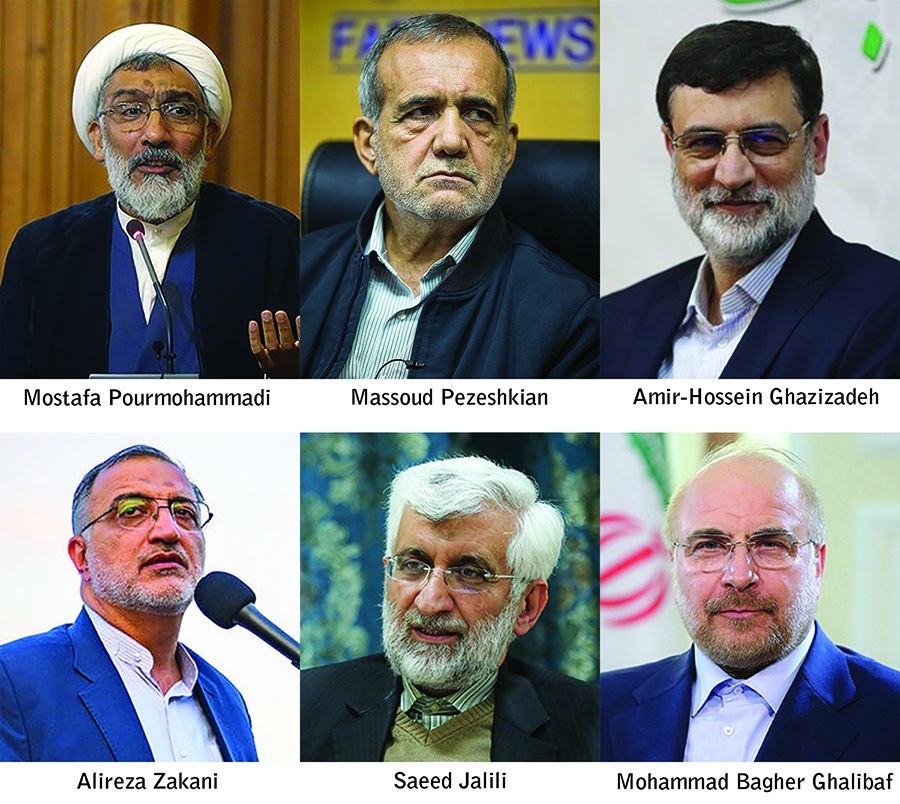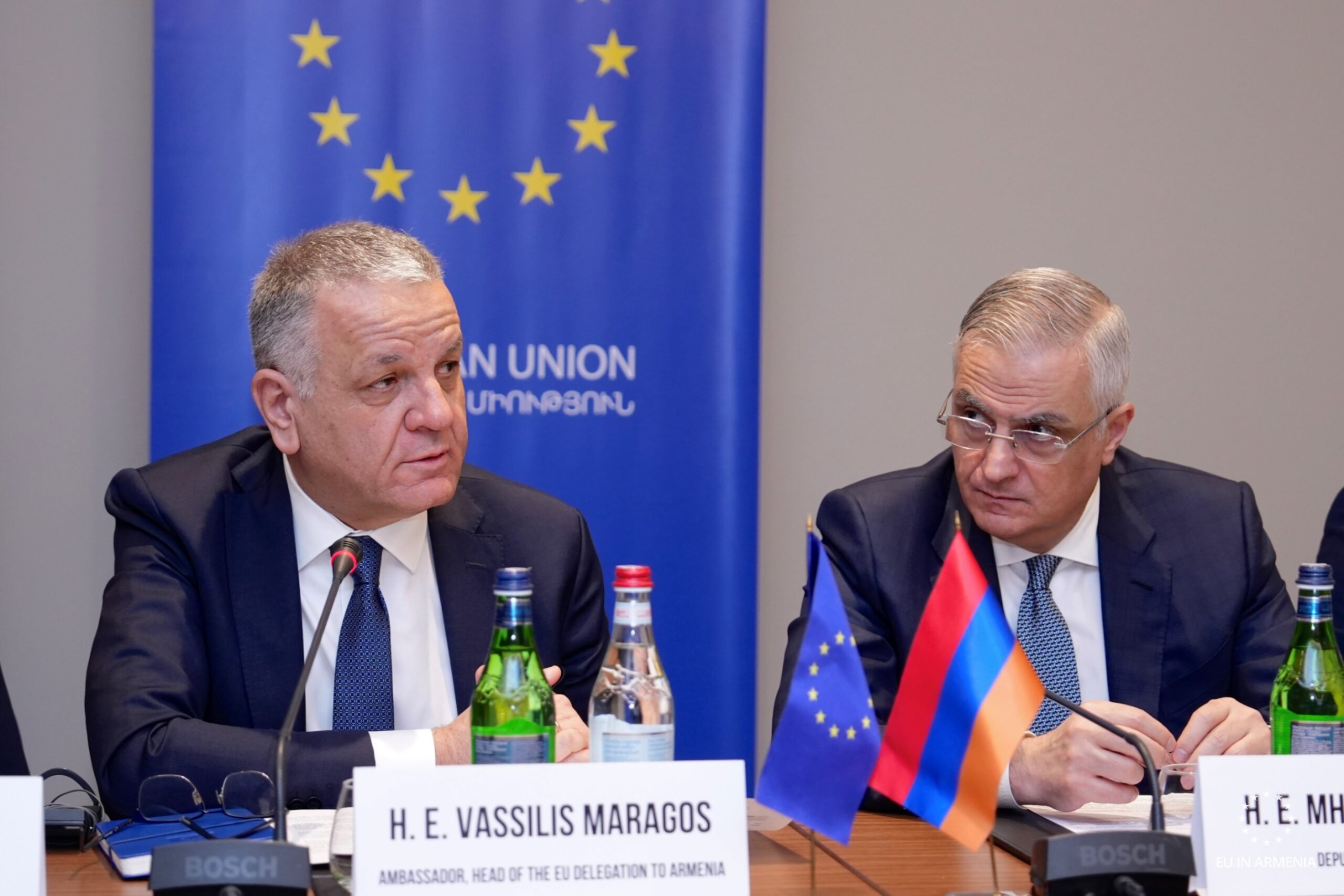The Region in Brief


Artsakh
Ruben Vardanyan’s family has reported that severe torture was inflicted on him in an Azerbaijani prison during his hunger strike in April. He was placed in a punishment cell with constant lighting and deprived of sleep, water and communication with his family. International lawyers have urgently appealed to the U.N. Special Rapporteur on Torture to condemn Azerbaijan’s treatment of Vardanyan. His family has called for international accountability and protection for his well-being and raised broader concerns over the treatment of political prisoners in Azerbaijan.
Georgia
Georgia is set to implement a ban on public events about LGBTQ issues following the enactment of the “Family Values and Protection of Minors” law. This legislation will prohibit public meetings and demonstrations aimed at “promoting sex change and same-sex relationships.” The new law grants police the authority to enforce the ban and, in cases of non-compliance, to take legal measures. Repeated violations of these standards will result in criminal liability. The legislation has sparked significant debate, with queer activists calling it anti-democratic and unconstitutional.
Iran
Over 52% of Iranian eligible voters are expected to participate in snap elections on June 28 following the death of President Ebrahim Raisi in a helicopter crash on May 19. The Iranian Constitutional Council, a 12-member body that oversees elections, has finalized the list of presidential candidates. They include former Minister of Justice Mostafa Pourmohammadi, lawmaker Massoud Pezeshkian, Head of Iran’s Martyrs and Veterans Affairs Foundation Amir-Hossein Ghazizadeh, Tehran Mayor Alireza Zakani, former Nuclear Negotiator Saeed Jalili and Parliament Speaker Mohammad Bagher Ghalibaf. In the first of five televised debates on Islamic Republic of Iran Broadcasting (IRIB), the candidates discussed their economic plans and strategies.
Russia
In a recent interview with “Komsomolskaya Pravda,” Russian Deputy Foreign Minister Mikhail Galuzin stressed the critical importance of maintaining strong economic and security relations between Russia and Armenia. Galuzin said that Armenia’s full participation in the Collective Security Treaty Organization (CSTO) aligns with the aspirations of the Armenian people and supports peace and stability in the South Caucasus. He argued that assurances from the West are not a viable alternative for ensuring Armenia’s security. Galuzin warned against adopting Western security models under the influence of the U.S. and NATO, which he said would undermine Armenia’s ability to maintain a common defense area with Russia and within the CSTO framework. This news follows Armenian PM Nikol Pashinyan’s declaration that Armenia will exit the CSTO at an appropriate time.







